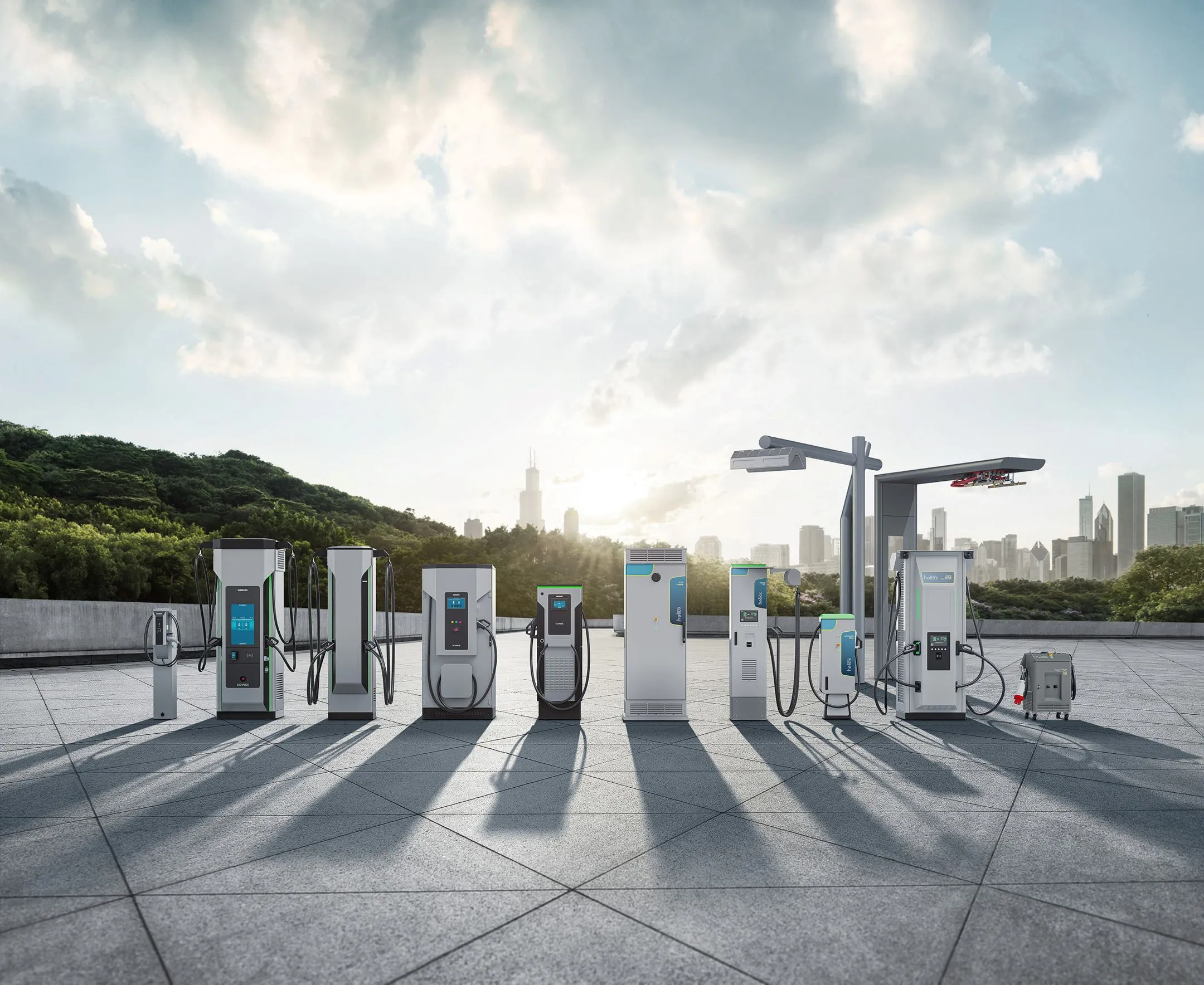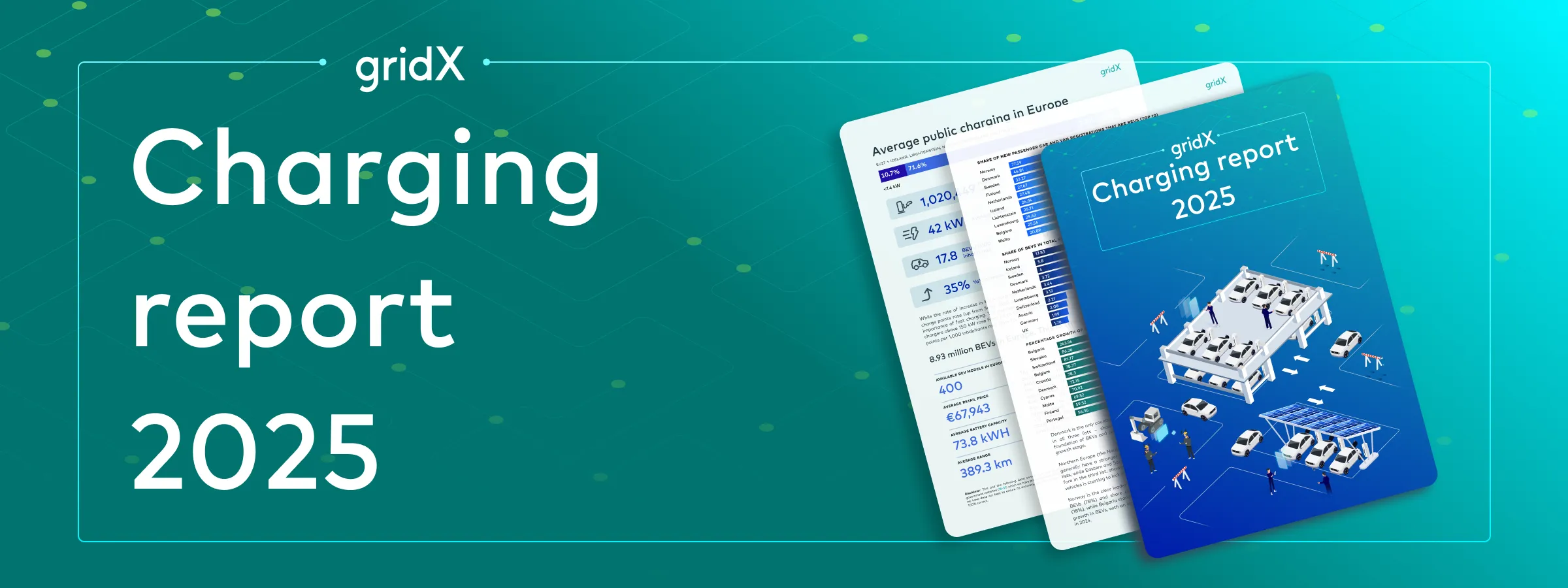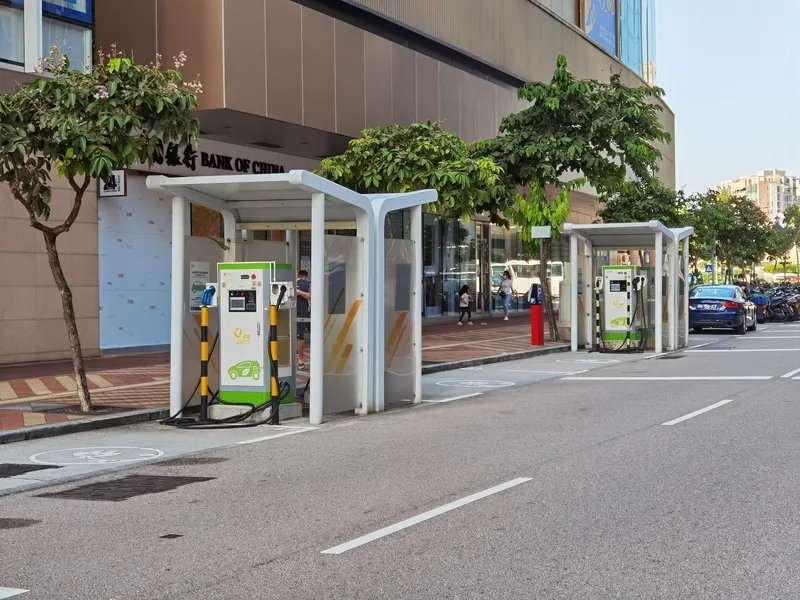
The German-based multinational manufacturer says that changed conditions in key markets have made capacity adjustments necessary in both cases. For two years, the German market, in particular, has been declining. As a result, Siemens says capacities in Germany will have to be adjusted. Operational-related layoffs in Germany are ruled out. The aim is to strengthen the future competitiveness of the businesses affected and enable investments in growth markets. Despite the planned adjustments, Siemens’ total headcount in Germany will tend to remain stable due to hiring in other, growing areas.
In September 2024, Siemens announced its intention to carve out its electric vehicle charging business in order to better leverage opportunities in the dynamic market for charging infrastructure. The market is currently characterized by strong price pressures and limited growth potential for low-power charging stations. For this reason, the business is focusing on market segments such as fast-charging infrastructure for depots and fleets and for en-route charging. In addition, the intention is to establish a more regional approach for markets with sometimes different charging standards to be able to serve the markets faster and in a more targeted manner. Worldwide, Siemens currently employs more than 1,300 people at its electric vehicle charging business. A total of around 450 jobs will be affected by the planned adjustment, including about 250 in Germany. The planned measures are to be implemented by the end of fiscal 2025.
Since the start of fiscal 2023, muted demand primarily in the key markets of China and Germany coupled with increased competitive pressures have considerably reduced orders and revenue in the industrial automation business. Global demand for automation technology is intact over the long term. However, the shift of growth away from current key markets such as Germany has made a structural adjustment of capacities necessary. Further measures to strengthen competitiveness of the automation business of Digital Industries include a realignment of sales activities, cross-unit collaboration in product development and a more flexible steering of the organization’s global factory network.
Siemens already announced the planned capacity adjustments at its automation business at its Annual Press Conference in November 2024. Digital Industries employs about 68,000 people worldwide. The planned reduction will affect about 5,600 jobs globally. A reduction of around 2,600 jobs is planned for Digital Industries in Germany. The related measures are to be implemented by the end of fiscal 2027.
A total of around 86,000 people currently work at Siemens in Germany. As far as possible, the people affected are to be offered opportunities for re- and upskilling. Job placement inside the company will also play a key role in implementing the measures. There are currently more than 7,000 open positions at Siemens, of which about 2,000 are in Germany alone. People employed at Siemens’ locations in Germany will also retire for age reasons.
Siemens says that it remains strongly committed to Germany as a business location. Of the €2bn in global investments that the company announced in 2023 to strengthen growth, innovation and resilience, about €1 billion is earmarked for Germany. This figure includes €500m for Siemens’ new campus for research and high-tech manufacturing in Erlangen, Germany, where the company is establishing a global center for development and manufacturing and a springboard for technology-related activities to drive the industrial metaverse.









